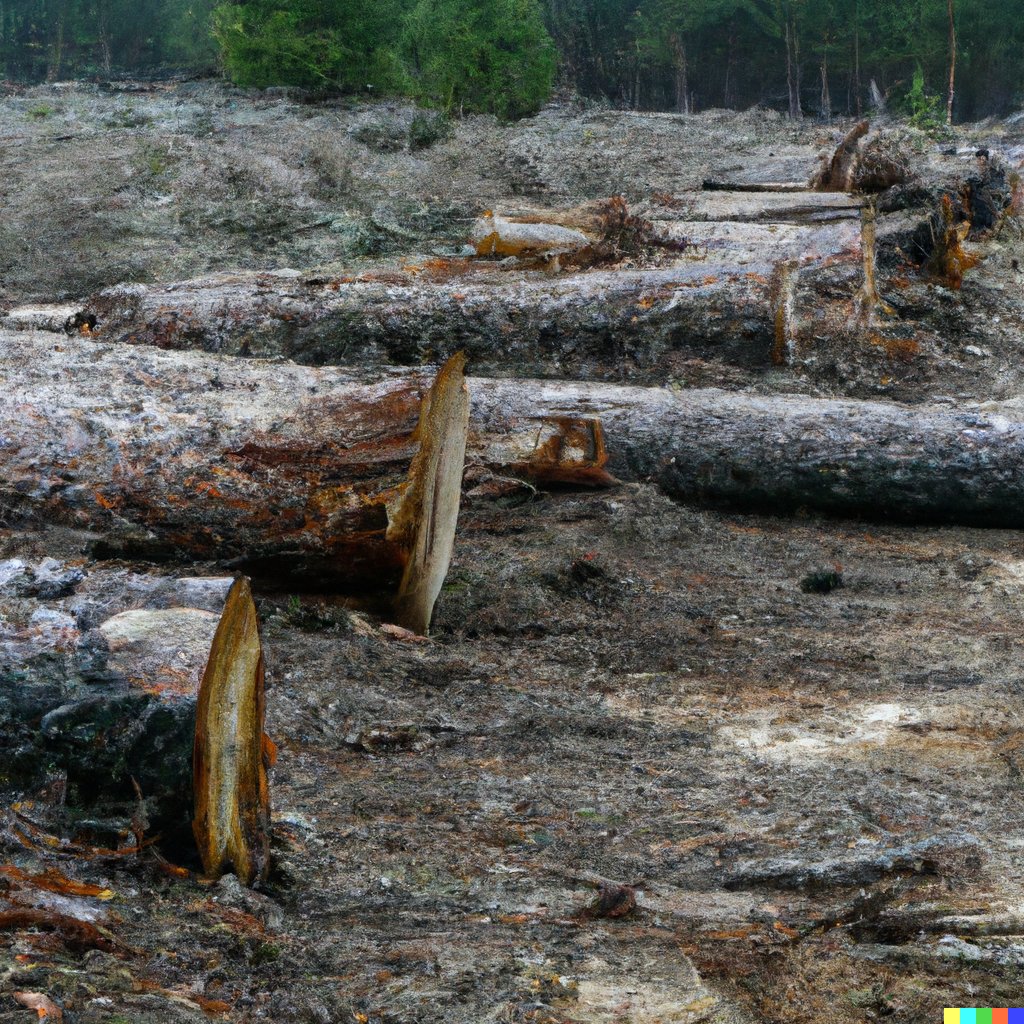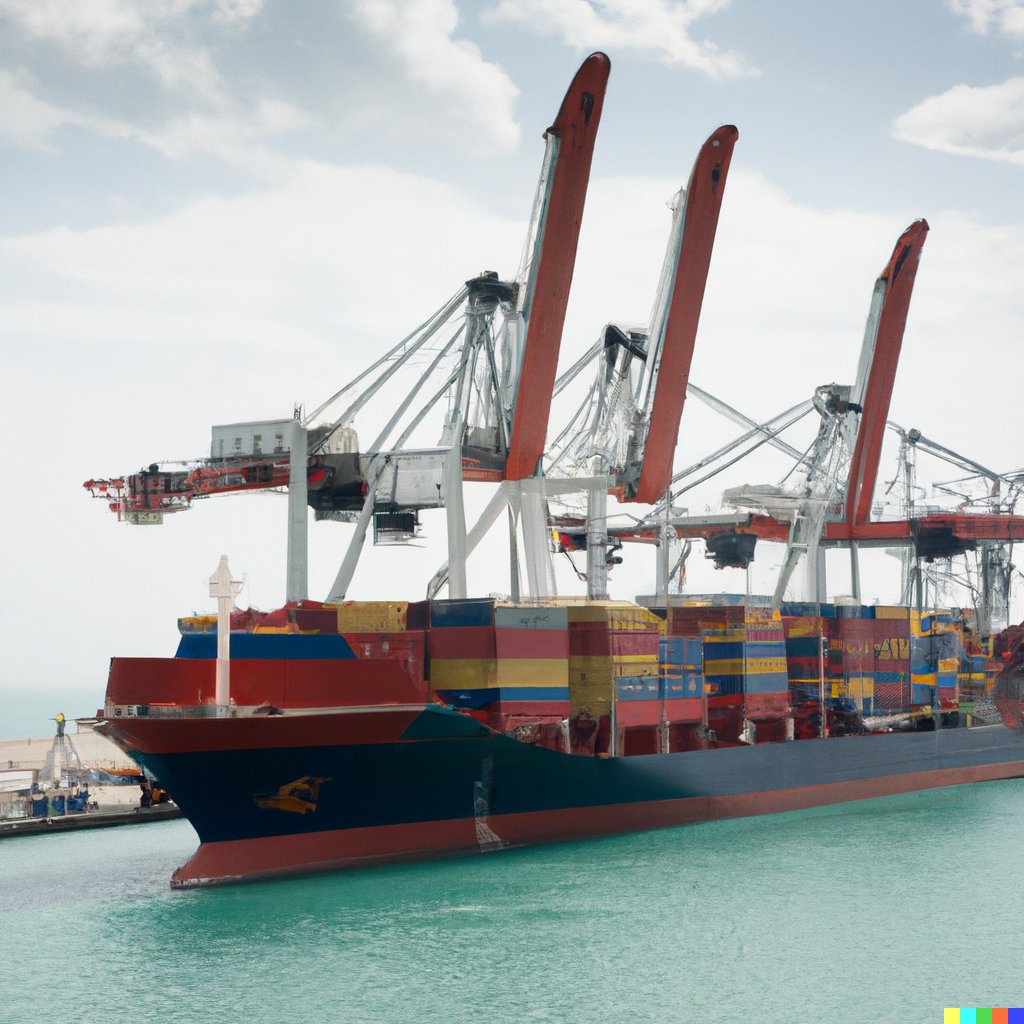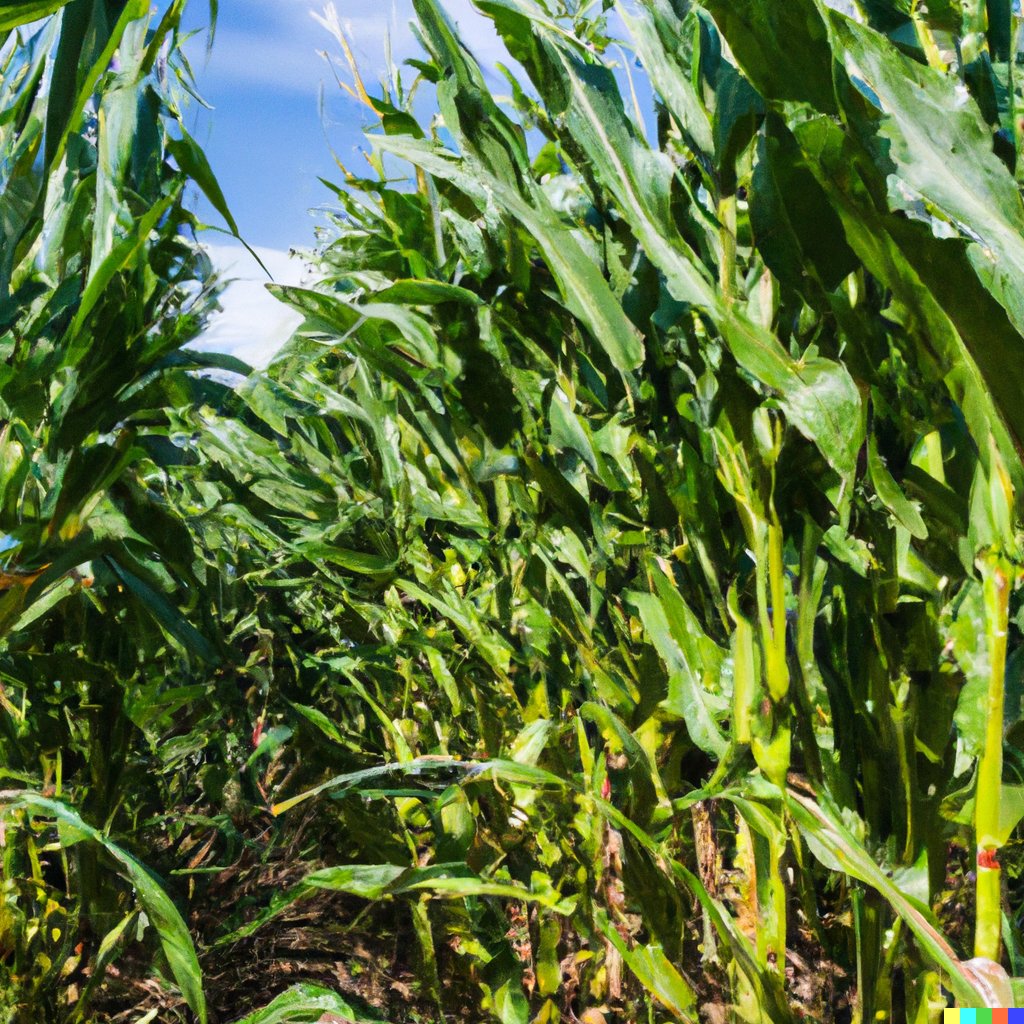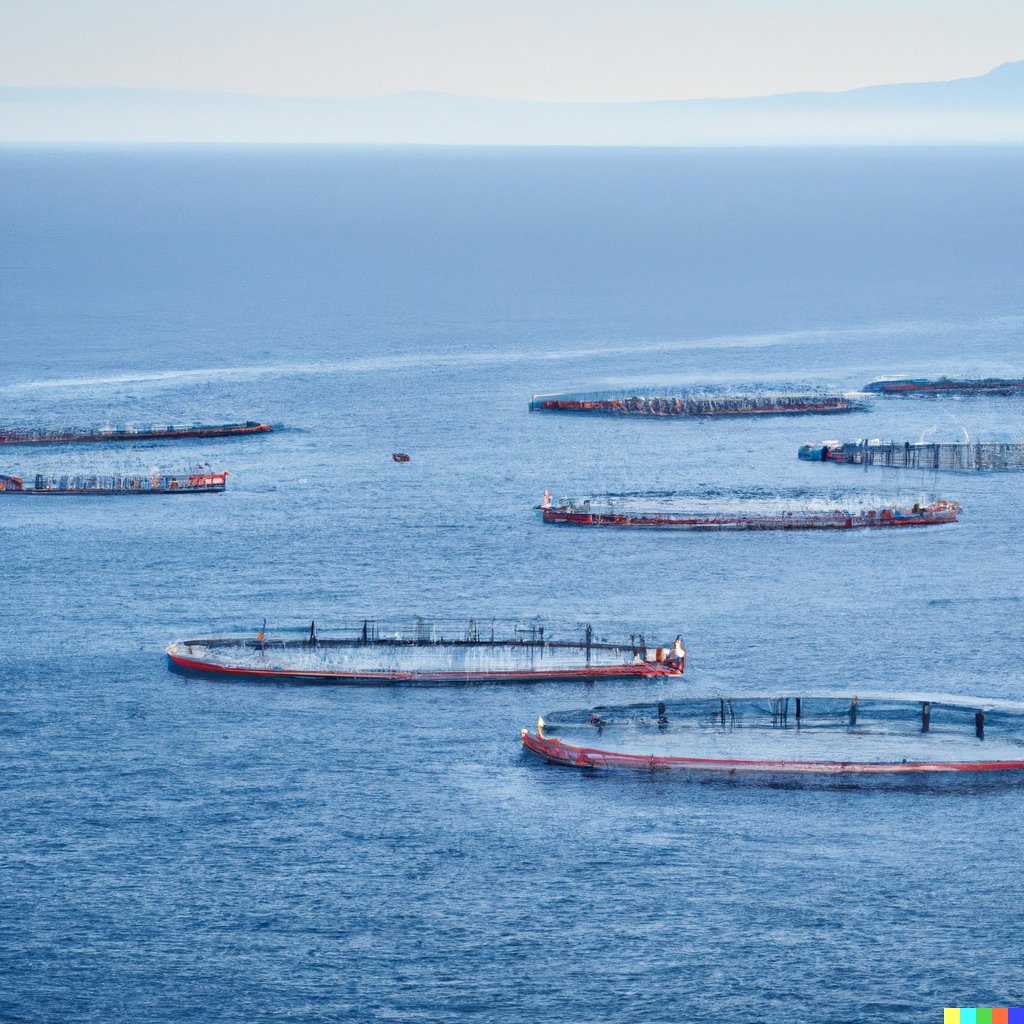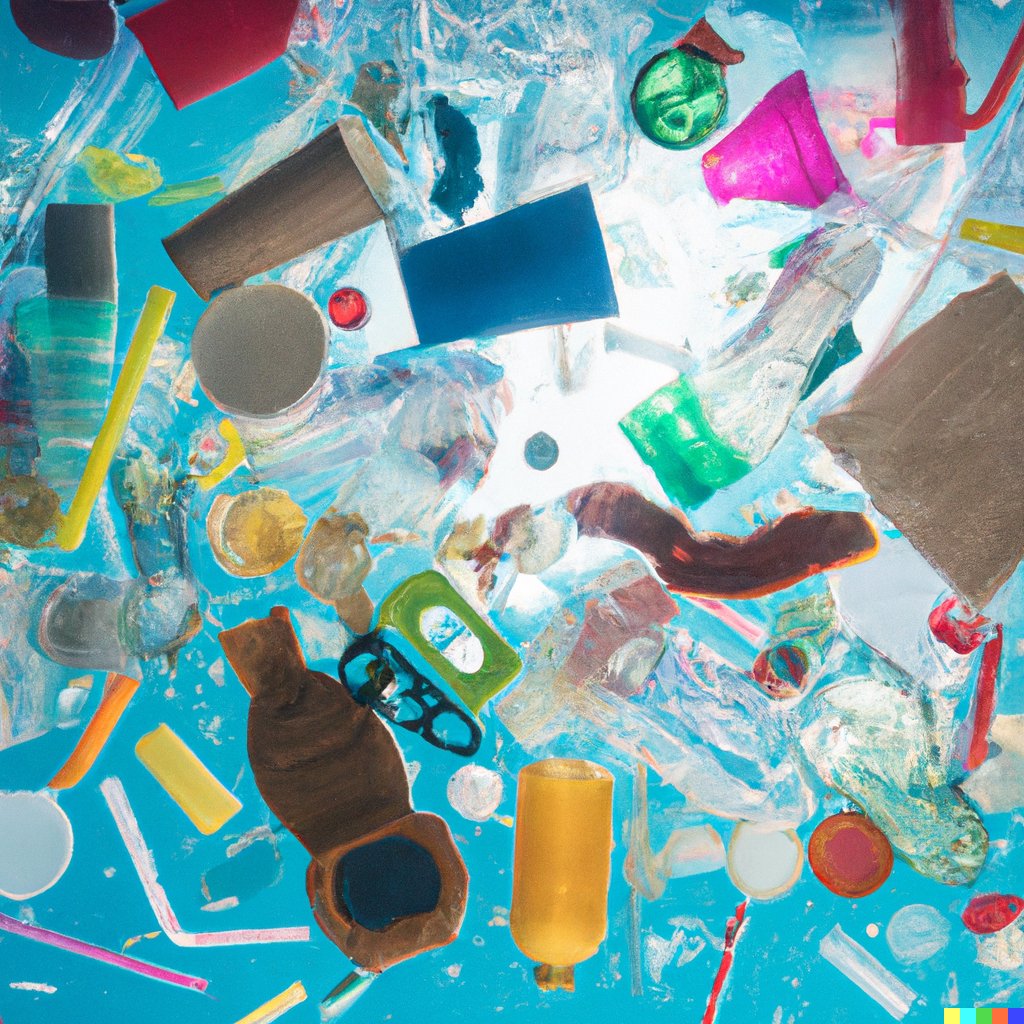
Single-use plastics have become an integral part of our modern lifestyle due to their convenience and versatility. However, their widespread use and improper disposal have led to significant environmental issues. Understanding the impact of single-use plastic and finding sustainable alternatives are crucial steps towards reducing plastic pollution and creating a cleaner, greener future. Let's delve into the topic of single-use plastic:
1. Environmental Impact:
Single-use plastics, such as bags, bottles, straws, and packaging, contribute to plastic pollution in oceans, rivers, and landfills. They harm marine life, disrupt ecosystems, and can take hundreds of years to decompose.
2. Microplastics:
As single-use plastics degrade over time, they break down into smaller particles known as microplastics. These tiny plastic particles can enter the food chain, posing potential risks to human health and the environment.
3. Land and Marine Pollution:
Discarded single-use plastics litter landscapes, harming wildlife and clogging waterways. Plastic waste in oceans endangers marine animals through ingestion and entanglement.
4. Dependency and Recycling Challenges:
The convenience and low cost of single-use plastics have led to overreliance, making it challenging to shift away from their usage. Additionally, recycling rates for single-use plastics remain relatively low.
5. Sustainable Alternatives:
Replacing single-use plastics with sustainable alternatives is essential. Biodegradable and compostable materials, reusable containers, and eco-friendly packaging can help reduce plastic waste.
6. Legislation and Policies:
Governments and organizations worldwide are implementing policies to regulate single-use plastics. Bans or restrictions on certain plastic items and promoting reusable alternatives are becoming more common.
7. Corporate Responsibility:
Companies are increasingly adopting sustainable practices by reducing plastic packaging, using recyclable materials, and encouraging consumer behavior change.
8. Individual Actions:
Individuals can make a difference by opting for reusable bags, bottles, and utensils, and properly disposing of plastic waste to prevent it from entering the environment.
9. Education and Awareness:
Raising awareness about the impact of single-use plastic through education campaigns can motivate individuals and communities to embrace sustainable practices.
10. Collective Efforts:
Addressing the issue of single-use plastic requires collective efforts from governments, industries, communities, and individuals to create a plastic-free future.
Frequently Asked Questions (FAQs) - Single-Use Plastic
Q1: What is single-use plastic, and why is it a concern?
A1: Single-use plastic refers to plastic items intended for one-time use before being discarded. It is a concern due to its contribution to plastic pollution, harming the environment and wildlife.
Q2: How does single-use plastic impact the environment?
A2: Single-use plastic contributes to environmental issues such as pollution in oceans, rivers, and landfills. It harms marine life, disrupts ecosystems, and degrades into harmful microplastics.
Q3: What are microplastics, and how are they related to single-use plastic?
A3: Microplastics are tiny plastic particles that result from the degradation of larger plastic items, including single-use plastics. They can pose risks to human health and the environment.
Q4: Why is reducing single-use plastic important?
A4: Reducing single-use plastic is crucial to mitigate plastic pollution, conserve natural resources, and protect wildlife and ecosystems.
Q5: What are some sustainable alternatives to single-use plastic?
A5: Sustainable alternatives include using biodegradable and compostable materials, opting for reusable containers, and choosing eco-friendly packaging.
Q6: How are governments addressing the issue of single-use plastic?
A6: Governments are implementing policies such as banning or restricting certain single-use plastics and promoting the use of reusable alternatives to reduce plastic waste.
Q7: What role can individuals play in combating single-use plastic?
A7: Individuals can make a difference by using reusable bags, bottles, and utensils, and responsibly disposing of plastic waste.
Q8: How are companies contributing to reducing single-use plastic?
A8: Companies are adopting sustainable practices by reducing plastic packaging, using recyclable materials, and encouraging consumer behavior change.
Q9: How can education and awareness campaigns help address the issue?
A9: Education and awareness campaigns raise awareness about the impact of single-use plastic, motivating individuals and communities to adopt more sustainable practices.
Q10: Why is collective effort crucial in addressing single-use plastic pollution?
A10: Addressing single-use plastic pollution requires collaboration from governments, industries, communities, and individuals to create a plastic-free future.
Conclusion
The environmental impact of single-use plastic is undeniable, with pollution threatening ecosystems and marine life. By understanding the consequences of our plastic consumption and embracing sustainable alternatives, we can collectively combat plastic pollution and protect our planet. Every individual's actions, from reducing single-use plastic usage to supporting recycling efforts, contribute to a more sustainable and cleaner world. Together, we can make a significant difference in addressing the challenges posed by single-use plastic and shaping a brighter future for generations to come.
Do you want to live more sustainable? Start your own worm farm and turn food scraps into fertilizer and save the organic material from landfills and incarcination.









